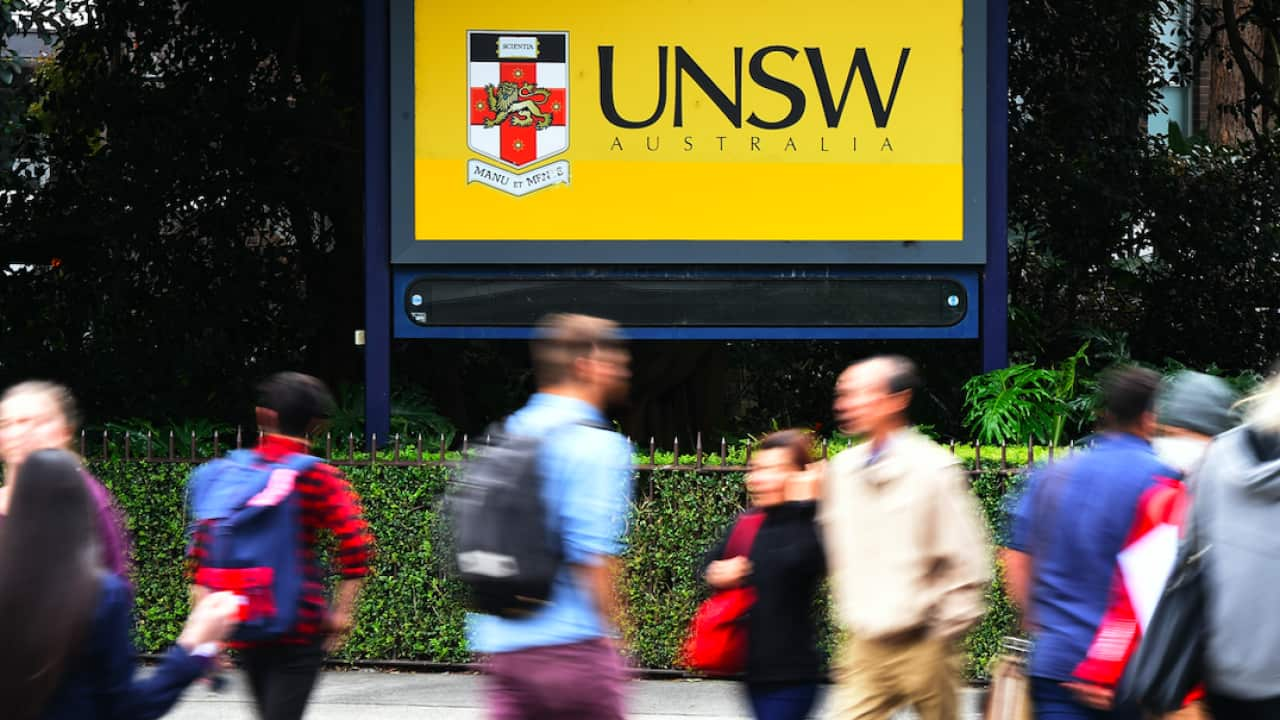The federal government's decision to more than double the cost of studying humanities at university has outraged many.
Education Minister Dan Tehan on Friday announced a major shake-up of university fees that he said would steer young Australians into degrees that better lead to jobs.
, a three-year humanities degree is set to more than double, from about $20,000 to $43,500.
"I was pretty dismayed and shocked when I heard this news," Australian Academy of Humanities president Joy Damousi told SBS News.
"It came very unexpectedly, there was no consultation with the sector at all about this course of action and why it should be taken."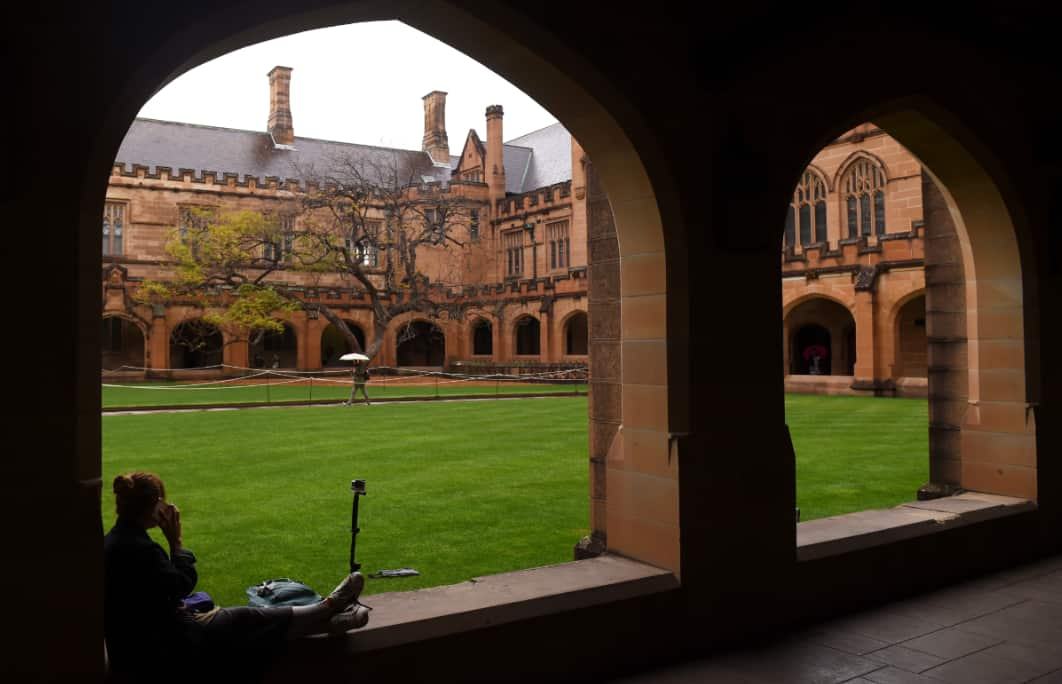 “[The decision] seems very short-sighted ... It's really disappointing that there is seemingly no recognition that the humanities make a massive contribution to training our future workforce in providing a broader knowledge and a skill set that is fundamental to the progress of our society," she said.
“[The decision] seems very short-sighted ... It's really disappointing that there is seemingly no recognition that the humanities make a massive contribution to training our future workforce in providing a broader knowledge and a skill set that is fundamental to the progress of our society," she said.

A student sits next to the quadrangle at the University of Sydney Source: AAP
Ms Damousi called the humanities "the engine room of creativity and innovation".
"Many of our leaders, many of our prime ministers, have had arts degrees," she said.
It's a point a number of Australians have been highlighting on social media throughout Friday.
Law Council of Australia president Pauline Wright was also disappointed by the announcement.
"An increase of 113 per cent in fees for an arts degree – often studied in conjunction with law – diminishes the breadth of critical thinking within the student cohort," she said.
"That will flow through to our society, with less people with the valuable analytical skills acquired in arts and arts-law degrees being available to benefit the myriad industries and professions they go on to work in."
She said the value of humanities "cannot and should not be underestimated".
"The humanities teach us about how we live together and interact, whether historically, in the present day or into the future. The humanities enquire about the fundamental questions of what it is to be human."
Fees for law degrees are set to rise by 28 per cent, which Ms Wright was also concerned about.
"This will be a severe impediment for students from disadvantaged socio-economic backgrounds – and will add another barrier to those who are underrepresented in the legal profession, including those from culturally and linguistically diverse communities, who may not be able to study law."
The National Union of Students condemned the government's proposals, saying universities were not "job factories".
"While the lowering of fees in specific degrees is a positive opportunity for some students, this move is at the expense of hundreds of thousands of young people who have chosen to study a degree that the government doesn't deem worthy enough," the union said in a statement.
'A spanner in the works'
William Chen, a year 12 student at St Pius X College in Sydney's Chatswood, said that Friday's announcement put a "spanner in the works" for him.
Mr Chen was planning to undertake an arts and commerce double degree, but that may now change.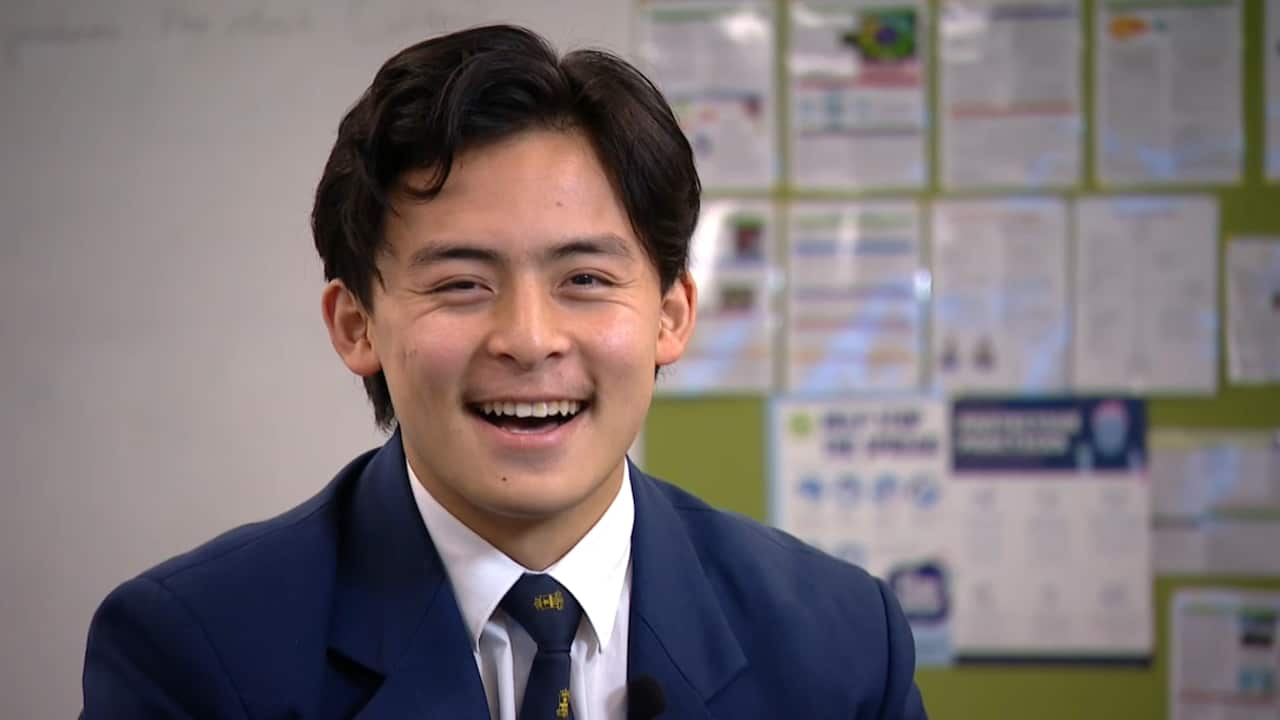 "With the [humanities] fee increase, it's more of an incentive to focus only on commerce and maybe not take on that other degree," he said.
"With the [humanities] fee increase, it's more of an incentive to focus only on commerce and maybe not take on that other degree," he said.

William Chen is hoping to study arts and commerce. Source: SBS News
"Is it worth paying all that extra money?"
In preparation for this double degree, Mr Chen is currently studying five units of history.
He said it's worrying if students like him end up not studying humanities subjects such as history at university.
"If we just forget about history, it's a big concern for the future."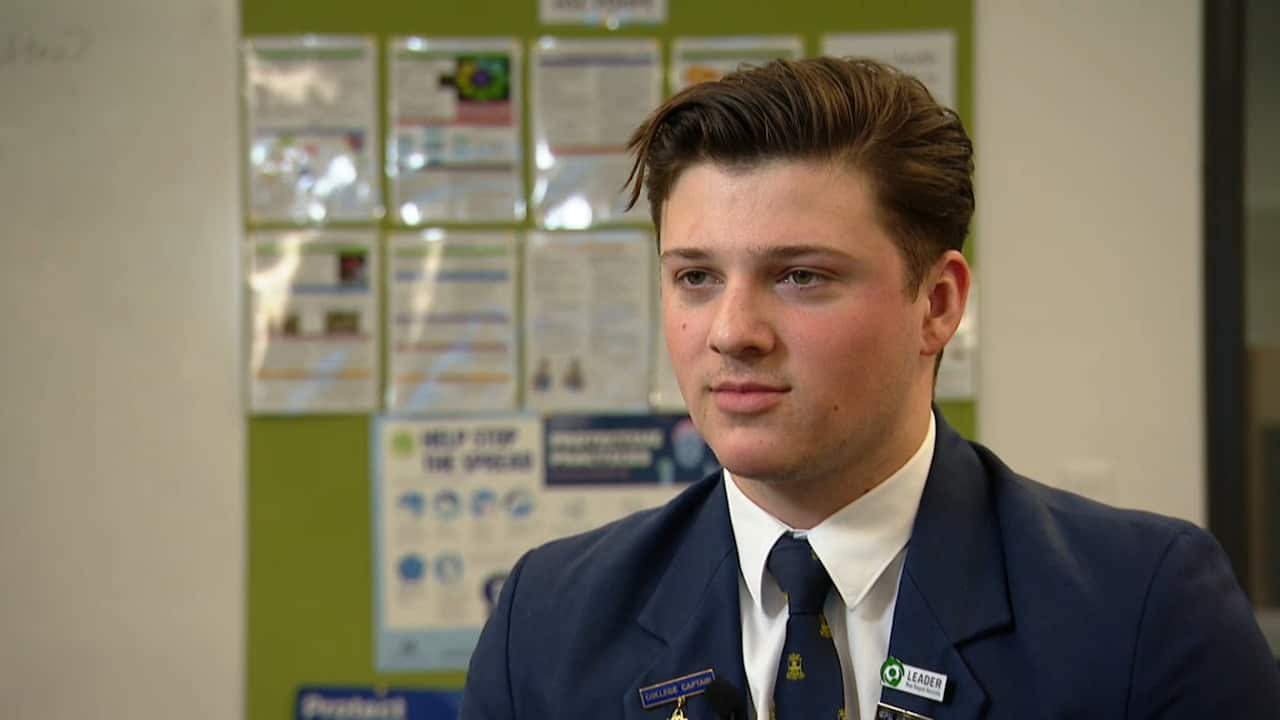 Year 12 student Lachlan Mathie, who is also at St Pius X College, said the announcement could have a negative effect on some students.
Year 12 student Lachlan Mathie, who is also at St Pius X College, said the announcement could have a negative effect on some students.

Lachlan Mathie talks to SBS News. Source: SBS News
"It's going to result in some students coming out of high school and going into degrees that they don't necessarily want to do, but they are pushed into based on money.
"You don't want people studying something that they don't want to do just based on the fact it's cheaper than another degree."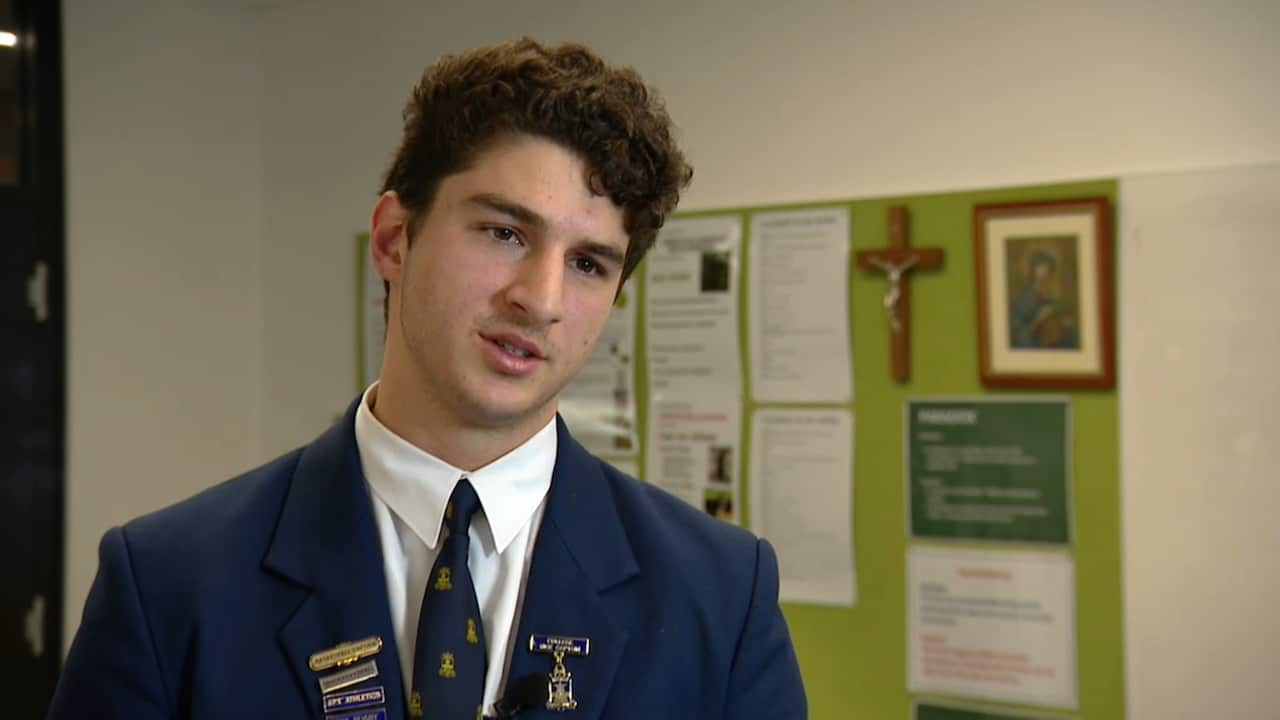 Fellow student Michael Fakhoury said while he will not be affected by the changes, many other students may change their mind on what to study.
Fellow student Michael Fakhoury said while he will not be affected by the changes, many other students may change their mind on what to study.

Michael Fakhoury on Friday. Source: SBS News
"There could be a big shift in the labor force [after this]," he said.
Agriculture, maths cheaper
The government also plans to increase the number of university places by 39,000 over the next three years, rising to 100,000 more by 2030.
"Students will have a choice ... Their degree will be cheaper if they choose to study in areas where there is expected growth in job opportunities," Mr Tehan said. Agriculture and maths fees will drop from nearly $28,600 over three years to $11,100.
Agriculture and maths fees will drop from nearly $28,600 over three years to $11,100.

Minister for Education Dan Tehan. Source: AAP
Fees would also be cut for teaching, nursing, clinical psychology, science, health, architecture, IT, engineering and English courses.
Youth unemployment has soared to 16.1 per cent, with young people's jobs making up 45 per cent of those lost in May.
Additional reporting: AAP
